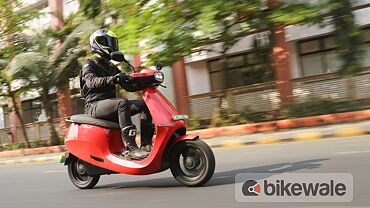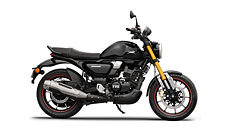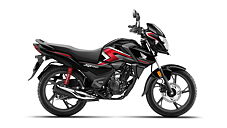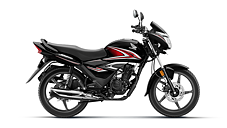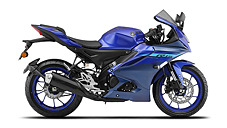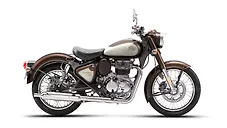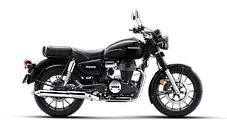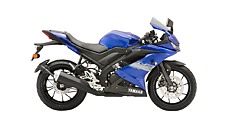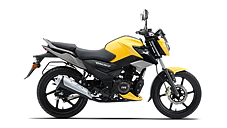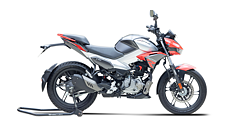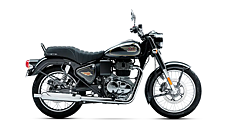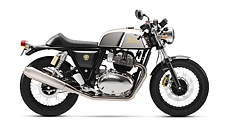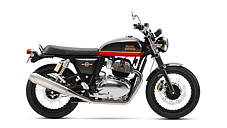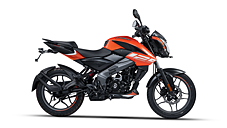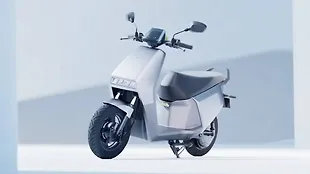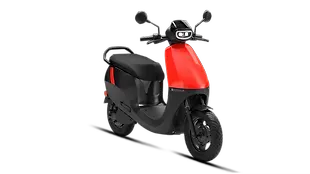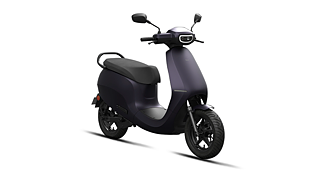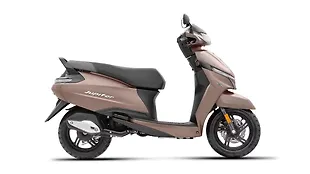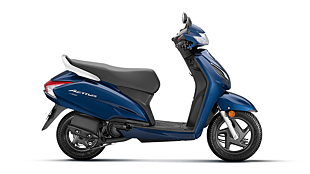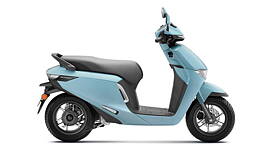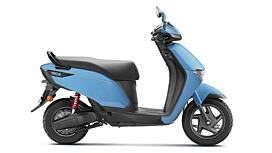Introduction

It’s been almost nine months since the Ola S1 Pro became a part of the BikeWale long-term fleet and my only steed to go around. And in this span, I’ve noticed that the electric mobility buzz has spread all over the two-wheeler market with large OEMs and new startups having dipped their toes in this stream. Slowly, petrol scooters/bikes are being replaced by EVs. However, many prospective buyers perceive that although a 110cc petrol scooter can do interstate/long rides, the same can’t be said for a battery-relying scooter/bike.
To address the above hypothesis, I took our long-termer, the Ola S1 Pro, for a Mumbai-Lonavala-Mumbai run. The total distance covered here was close to 200km. So, how did it go? Did it manage to cover the entire distance without any hiccups? You’ll find the answers to all these questions as the story progresses.
Convenience
The ride started around 7:00 am, and the GPS said it would take about two hours and 30 minutes to cover 90km, to our first destination, which was Lonavala. Now, that’s a slightly longer saddle time compared to a petrol bike. But the trade-off here is the low running cost (addressed towards the end) against the time spent. So, we proceeded towards Lonavala with 134km of total range left.

Considering the charge depletion at higher speeds on the S1 Pro, the maximum I could afford cruising at was around 55kmph. This made the ride slightly boring as all that there was to do was hold the throttle steady or turn on the cruise control at the abovementioned speed. Thanks to the Ola S1 Pro’s integrated speakers, the music saved the day during the first leg of the ride. I took multiple stops at some picturesque locations to click photos and admire how easy and pocket-friendly the ride had been so far.
But the erstwhile admiration quickly turned into doubt as the steep hills of Khandala Ghat approached. Since the scooter had enough momentum, it managed to climb, although slowly, and let out a sigh of relief. Later on, the GPS indicated that the destination (Ola Hypercharger at Mapro Garden, Lonavala) was just around 9km, and the scooter still had 40km of charge left, which was impressive. That said, it had been around three hours since the ride began, but we aren’t complaining as it was a lazy Saturday with ample time left.

As I entered the Mapro Garden premise, my mind circled back to the first question, can you take an electric scooter for a long ride? The answer was yes. And that’s possible because of the infrastructure (public fast charger setup) that allows you to recharge the scooter slightly quicker than your regular DC charging points.
But this presented us with a follow-up question – ‘should’ you take an electric two-wheeler to such distances? And the answer to that lies in the next part as we address the challenges faced throughout the journey.
Challenges

The first bit you’d be annoyed with is the speed at which the distance can be covered. The battery depletion is uniform only until a certain speed, so your ride time on an EV could be notably longer than that of a petrol two-wheeler. If that’s liveable with, then the charging time is the next hurdle to deal with.
For reference, the only safety net that permitted us to take the Ola e-scooter all the way to Lonavala was the availability of a Hypercharger in Panvel and at our destination. If your scooter were ever to run out of charge at a distance from the charging station, the only other remedies would be towing it or finding a standard charging socket at a nearby restaurant/café.

Once plugged into a regular socket, the time taken for a full charge by most premium EVs is between five to six hours, which is convenient only when done overnight. Moreover, even if you use the Hypercharger (exclusive to the Ola scooter), its performance isn’t the most accurate. During our experiment, I manually checked the scooter and found that the charger automatically disconnected after 30-35 minutes. To my surprise, even the Ola Electric smartphone application didn’t notify it. So, I had to re-plug the scooter and wait for the battery to recharge sufficiently to commence the return leg and to do so in one go.
However, once the battery was charged up to 70 per cent, the fast charging slowed down, and the remaining 30 per cent needed almost 2.5 hours, which brought the total charging time to three hours and 45 minutes. While it’s still faster than regular charging, is it really convenient? The answer could vary. Not to mention, only one charging port was functional at our destination. Had there been another scooter on charge before mine, the return ride would have been further delayed.

Now, during the Lonavala-Mumbai run, our long-termer had about 104km range, which should have been sufficient to cover the distance back to my residence (90km). I maintained a slightly higher pace while heading back, compared to the first leg, since the weather became hotter as the afternoon approached. With a few stops to click some pictures, have lunch, and soak in the scenic route, it took me three hours to reach home. The last 30km is when the range anxiety really spiked since the battery discharged more than the distance covered.
That said, by the time I reached home, the Ola S1 Pro had consumed charge for more than 100km of range and was left with only five per cent charge. The 10km delta between the actual distance covered and the scooter’s display makes a prolific difference if you get stranded in the middle of nowhere.
The Math
My go-to choice for all the weekend rides is my 2015 KTM 390 Duke and it isn’t the most frugal, to be honest. I end up spending somewhere around Rs. 1,200 for just a 200km ride. Now, the Ola S1 Pro gets a 3.9kWh battery that returns around 100km of range at once. With the cost of 1kWh of electricity being around Rs. 8, I only spent Rs. 62 for this ride. That’s a massive difference and it scales even higher when you use an EV as your daily commuter.
The Conclusion

Should you take an electric two-wheeler for a long ride? We’d recommend it if there are plenty of fast chargers on your route. It can be any model, as long as the brand has its dedicated setup at a recurring distance. Otherwise, trading off your entire day to save a few hundred rupees isn’t an ideal choice.
Moreover, the fast-charging infrastructure is still in its nascent stage. It is probably the only gateway for the current electric two-wheelers munching long miles without wasting time or worrying about range depletion at high speeds. Currently, riders don’t have to pay to access these changing stations, and a denser chain of them would make more sense.

To give you an idea, the BikeWale garage has had a number of electric two-wheelers – Ather 450X, TVS iQube S, Ola S1 Pro, and even the Bajaj Chetak in the past few months. All these scooters did their primary job of commuting throughout the city with ease and only needed timely charging. Some even offer a bevy of features like ride modes and speakers to make the ride more entertaining.
So, it’s clear as day that, as of now, the primary purpose of an electric scooter is to commute with low running costs. Anything more than that can be considered a cherry on top.
Photography by Kaustubh Gandhi
Gallery
1/8
OLA S1 Pro Scooter Portable Charger
Double Tap to Zoom
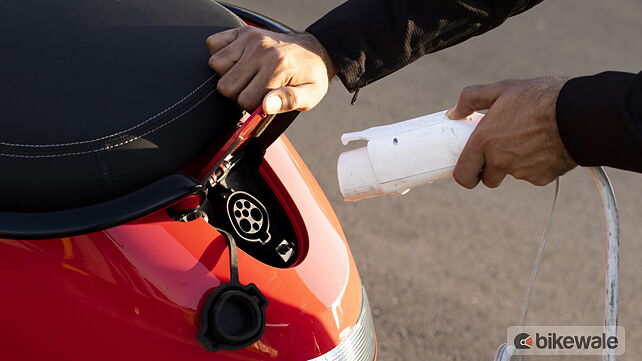







![OLA S1 Pro [2021-2023] Image OLA S1 Pro [2021-2023] Image](https://imgd.aeplcdn.com/272x153/n/cw/ec/107243/s1-pro-left-side-view-3.jpeg?isig=0&q=80)
